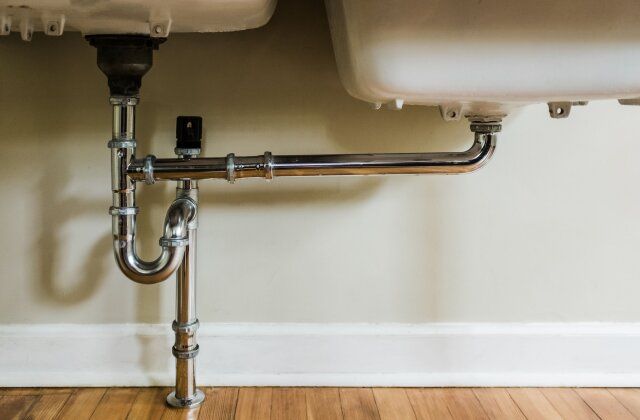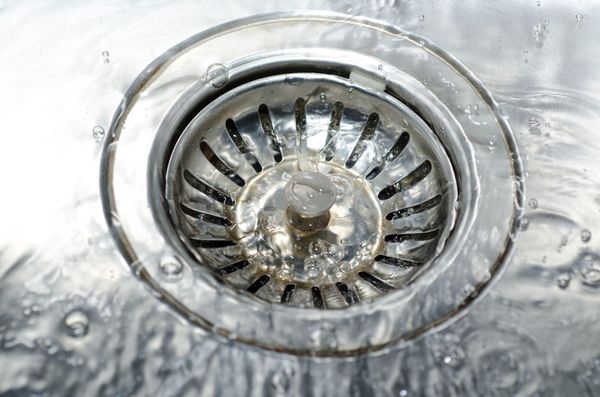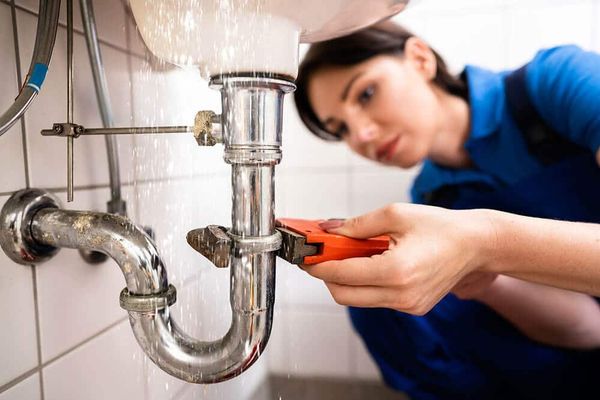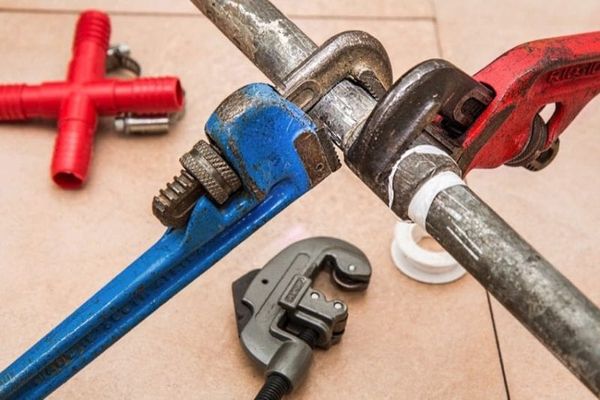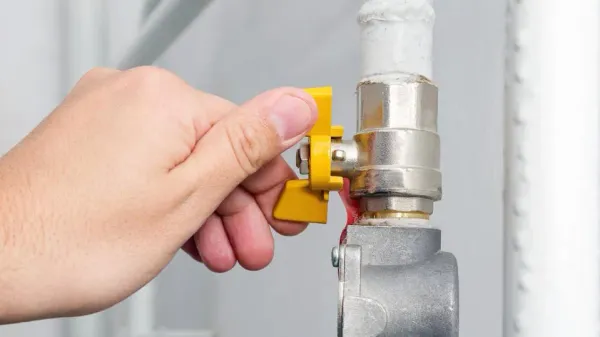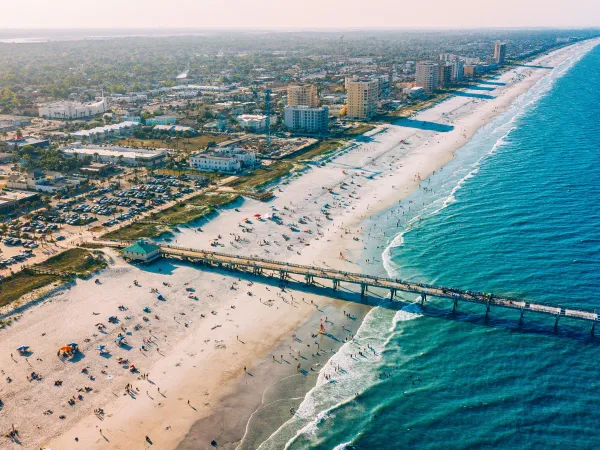Buying a home isn’t a purchase that can be taken lightly. When you’re investing hundreds of thousands of dollars (or millions!), surprises are the last thing you want to happen. Here are a few of the most common plumbing problems Seattle home buyers need to check off before buying a house in Seattle.
Plumbing problems related to water heaters and leaks
Leaking Water Heaters
Leaking water heaters can be a major plumbing problem for Seattle homebuyers. A leaking hot water heater can trigger considerable damage to a home's structure and furnishings, leading to increased energy expenses and reduced water pressure. If you can identify this problem before you buy the home, you can ask the seller to pay for the water heater repair services needed to remedy the problem.
One common reason for water heater leakages is corrosion, which can take place in time due to the accumulation of sediment in the tank.
Another cause of a dripping hot water heater is a malfunctioning pressure relief valve, which can cause the tank to get too hot and eventually leak. Homebuyers are required to have a professional examination of the warm water heating system before acquiring a home to ensure that it is in good working condition and not at risk of leaking.
Inefficient Water Heaters
Inefficient water heaters can also be a concern for Seattle homebuyers. An inefficient water heater can lead to increased energy bills and decreased hot water supply. One typical reason for ineffectiveness is sediment buildup in the tank, which can decrease the amount of offered hot water and cause the water heater to work harder to preserve the temperature level.
Homebuyers must know the age and condition of the water heater in the home they are thinking about acquiring, as an inefficient hot water heater can be pricey to change.
Burst Pipes and Leaks
Burst pipes and leaks are another common plumbing problem that Seattle homebuyers should be aware of. Burst pipes can cause significant damage to a home's structure and furnishings, as well as lead to increased water bills and decreased water pressure.
One typical reason for pipe leaks is high water pressure, which can worry pipelines and cause them to split or burst. Homebuyers ought to have an expert assessment of the plumbing system in the home they are thinking about buying to make sure that there are no leakages or other concerns that could lead to expensive repair work down the line.
Plumbing problems related to old pipes and fixtures
This is especially common in Seattle homes. A lot depends on the age of the home but here are a few issues you don’t want to be surprised about after you’ve purchased a home in Seattle.
Corroded Pipes
Among the most common plumbing problems that Seattle homebuyers must know is corroded pipelines. Gradually, pipes can become rusty, resulting in leaks and potential water damage in the house. This is especially true for older houses that may have pipelines made from materials such as lead or copper, which are more vulnerable to rust.
Indications of rusty pipelines consist of tarnished water, low water pressure, and unusual noises originating from the pipes. Homebuyers need to have a comprehensive examination of the pipe system before buying a home to recognize any potential issues with rusty pipelines.
Outdated Fixtures
Outdated fixtures are another common plumbing problem that homebuyers should be aware of. Old components such as faucets, showerheads, and toilets can cause leakages and inefficiencies in water usage.
Furthermore, out-of-date fixtures may not fulfill existing water efficiency requirements, causing greater water expenses for homeowners. Updating to more recent, more efficient components can not only conserve homeowners' money on their water expenses but can also avoid possible water damage in the house.
Low Water Pressure
Low water pressure is another plumbing issue that Seattle homebuyers should be aware of. Low water pressure can be triggered by several factors, including blocked pipelines, stopped-working pressure regulators, or out-of-date components.
Property buyers should evaluate the water pressure in the house prior to buying to recognize any possible issues. If low water pressure is discovered, it is necessary to have an expert plumber check the plumbing system to figure out the cause and make any needed repairs.
Plumbing problems related to sewage systems and drains
Even if it looks like a brand-new bathroom remodel, you have to check the drainage in the bathrooms. Sewage blockage is probably the most inconvenient and unpleasant plumbing problem imaginable.
Clogs in Drains and Toilets
Clogs in drains and toilets are common plumbing problems that can cause inconvenience and frustration for homeowners. The most common causes of clogged shower and bath drains are hair and soap buildup, as well as small objects that may accidentally fall down the drain.
Obstructed toilets, on the other hand, are typically brought on by flushing non-flushable materials such as wipes or womanly health items. To avoid these concerns, property owners can utilize shower/sink strainers to catch hair and other debris and avoid flushing non-flushable items down the toilet.
Tree Roots in Sewer Lines
Tree roots in sewer lines are another common plumbing problem that Seattle homeowners may encounter. Tree roots can grow into sewer pipes and cause blockages or even damage the pipes themselves. In addition to tree roots, sewer lines can also become damaged due to age, corrosion, or shifting soil.
Homebuyers should be aware of these potential issues and have a professional inspection of the plumbing system before purchasing a home to avoid costly repairs and unexpected plumbing problems.
Damaged Sewer Lines
Seattle homeowners must address plumbing issues promptly to prevent further damage and costly repairs. Regular cleaning and maintenance of side sewers can prevent blockages and damage from tree roots and shifting soil.
If a plumbing issue does arise, it is best to contact a professional plumber to assess and repair the problem. By being aware of common plumbing problems and taking preventative measures, homeowners can avoid unexpected and costly repairs and maintain the integrity of their plumbing systems.

